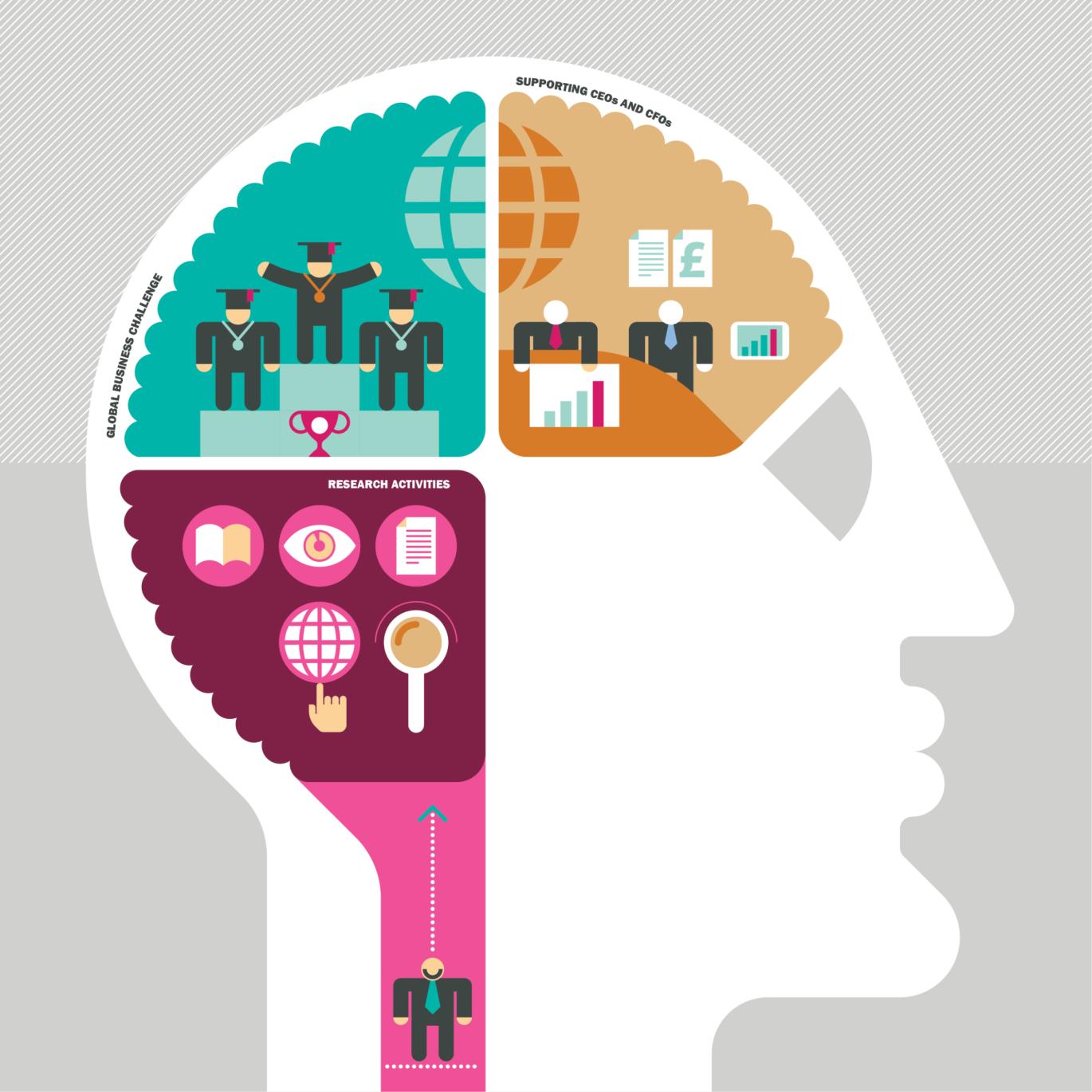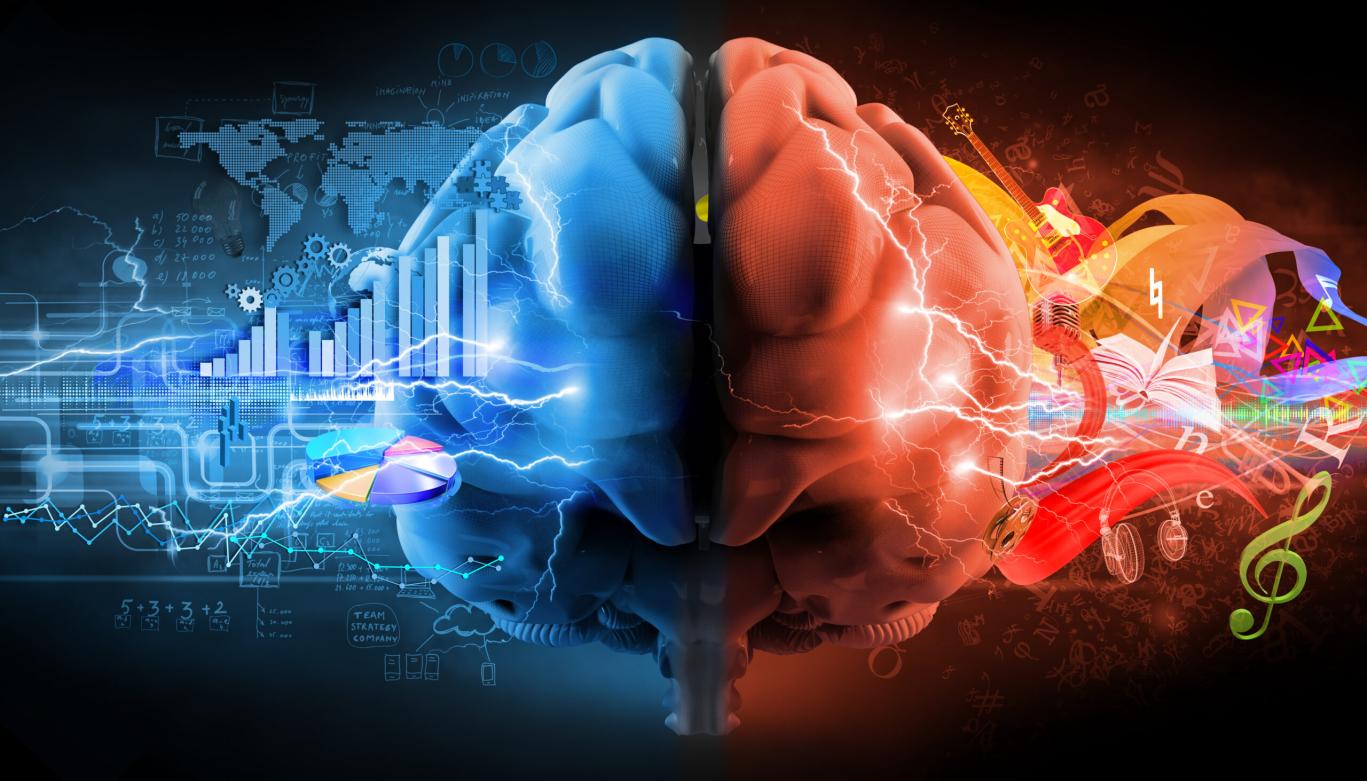How Does the Brain Process Numbers and Mathematical Concepts?
The human brain is a complex organ capable of performing a wide range of tasks, including understanding and performing mathematical operations. This ability, known as mathematical cognition, is essential for everyday life, from simple calculations to complex problem-solving. Understanding how the brain processes numbers and mathematical concepts is a topic of great interest to educators, cognitive scientists, and neuroscientists.

The Brain Regions Involved In Mathematical Processing
Research has identified several brain regions that play a role in mathematical processing. These regions include:
- The parietal lobe: This region is involved in processing numerical information, such as representing numbers in the brain and performing mathematical operations.
- The frontal lobe: This region is involved in higher-level mathematical reasoning, such as problem-solving and decision-making.
- The temporal lobe: This region is involved in processing numerical symbols, such as reading and writing numbers.
- The cerebellum: This region is involved in coordinating motor movements, including those involved in writing and manipulating mathematical symbols.
The Neural Mechanisms Of Mathematical Processing
The brain processes numbers and mathematical concepts through a complex network of neural mechanisms. These mechanisms include:
- The representation of numbers in the brain: Numbers are represented in the brain in a variety of ways, including as mental images, symbols, and patterns of neural activity.
- The processing of mathematical operations: Mathematical operations, such as addition, subtraction, multiplication, and division, are performed by specialized neural circuits in the brain.
- The integration of numerical and spatial information: Mathematical concepts often involve the integration of numerical and spatial information. For example, when solving a geometry problem, the brain must integrate information about numbers and shapes.
The Development Of Mathematical Abilities

Mathematical abilities develop over the lifespan, from infancy to adulthood. This development is influenced by a combination of factors, including:
- Experience: Exposure to mathematical concepts and experiences, such as playing with numbers and solving math problems, helps children develop their mathematical abilities.
- Education: Formal education in mathematics provides children with the knowledge and skills they need to understand and perform mathematical operations.
- Culture: Cultural factors, such as the value placed on mathematics in a particular society, can also influence the development of mathematical abilities.
The Impact Of Brain Damage On Mathematical Abilities
Brain damage can disrupt the neural mechanisms that underlie mathematical processing, leading to deficits in mathematical abilities. These deficits can range from mild to severe and can affect different aspects of mathematical cognition, such as number processing, mathematical operations, and problem-solving.

Two common types of mathematical deficits associated with brain damage are:
- Acquired dyscalculia: This is a mathematical disability that occurs after brain damage in adulthood.
- Developmental dyscalculia: This is a mathematical disability that is present from birth or early childhood.
The brain's ability to process numbers and mathematical concepts is a complex and fascinating topic. Research in this area has provided valuable insights into the neural mechanisms that underlie mathematical cognition. This research has also highlighted the importance of early mathematical experiences and education in promoting mathematical success. Continued research in this area will help us better understand the relationship between the brain and mathematical cognition, with potential implications for education, cognitive science, and neuroscience.
YesNo

Leave a Reply